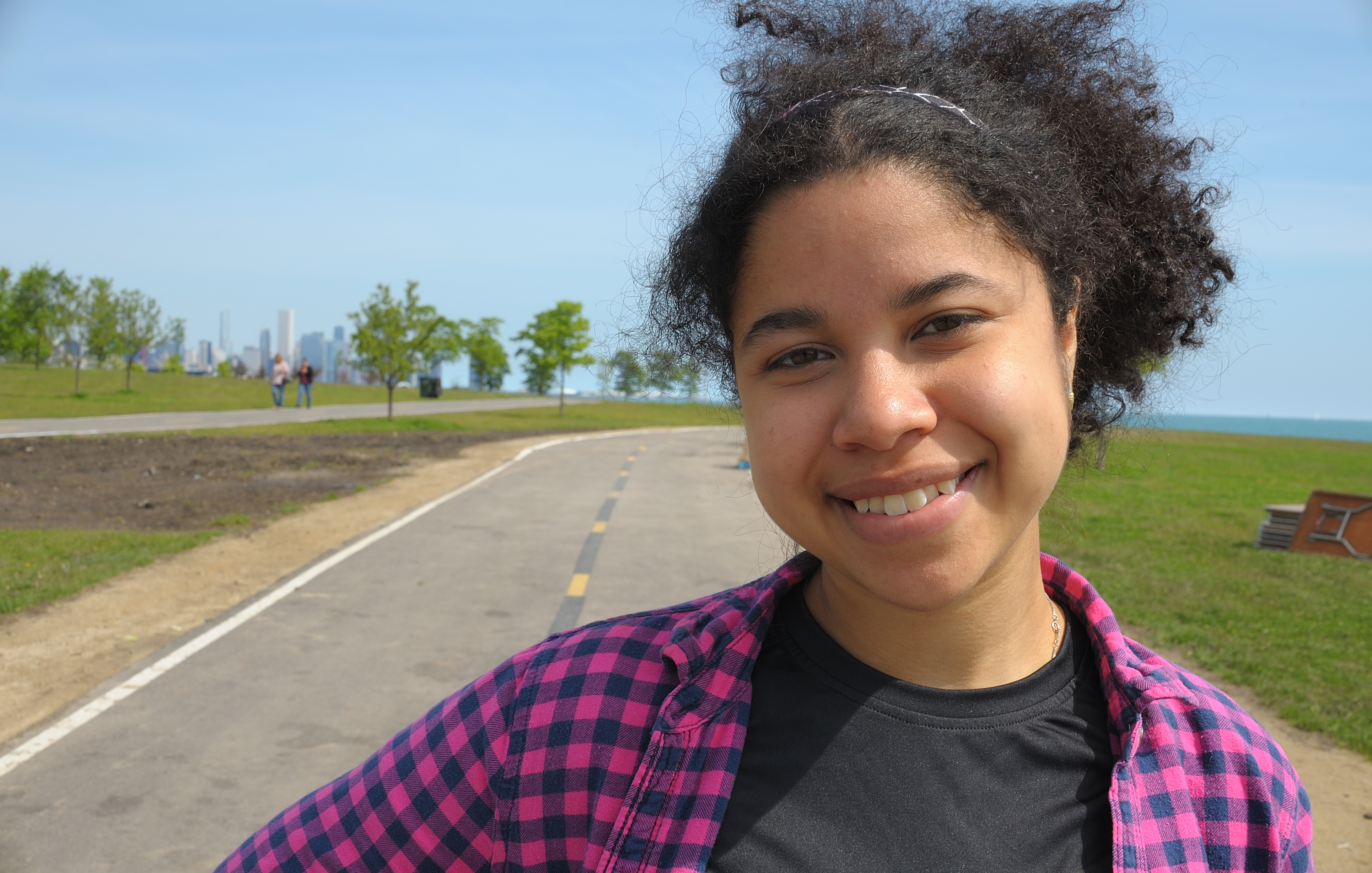“Do you hear gun shots every night?” the Chicago Sun-Times reporter asked me. The next day my story and picture were plastered on the front page.
I made history as the first student from my high school, Lindblom Math and Science Academy, to be admitted to and enroll at Harvard University. Lindblom is located in Englewood, a neighborhood with a notably high poverty rate and crime index. Most students are minorities and low-income. Most Lindblom seniors enroll at local or state colleges or historically black colleges and universities.
But I don't hear gun shots every night—that's not the reality for me or anyone else who lives on the South Side, despite what media narratives say about us. And I cannot remain silent about my disappointment that this reporter, who writes for one of my city's most well-known newspapers, would ask a question stemming from ignorance and misconceptions about my neighborhood.
As news outlets gain interest in my story, I realize I am being used to reinforce a narrative that unfairly looms over my community. They all want to build the same story, that I rose like a phoenix from the ashes of my tumultuous community. I am celebrated, but my community is not. Why must I be separated from my community in my success? Why is my success not celebrated alongside the community I have grown up in?
I was raised in Greater Grand Crossing by my black mother and Latino father. I now alternate living there and Roseland, two predominantly black neighborhoods, because of my parents’ divorce. The narrative of my community is that gunshots play at night like background music in an elevator, that violence in my community is so like Iraq that it is renamed Chiraq. The narrative of my community is that poverty decorates each street like frosting on a birthday cake, that criminals roam like pollen in spring. These stereotypes are fallacious.
Yes, I have friends affected by gun violence. I have heard gunshots. But this is not close to my whole world. In my daily life, total strangers grin and say “hello,” and most neighbors are friendly. When I jog through blocks colored dangerous by media-made misconceptions, people who I've never met cheer me on.
The constantly reinforced narrative of black communities is that success is separate from blackness. It's a false narrative that separates successful black individuals from the world that conceived them. It ignores the many ways we support each other—the way we build communities and build up individuals.
My story should celebrate my community and be a light of hope for girls and boys like me from places with names that carry a bad rep. I am a minority, low-income, a child of divorce, and the first in my school to go to Harvard—yes, because I work hard, but also because of the circumstances in which I grew up.
I am the Latino and the black community, Latino and black excellence. I am black girl magic. I will speak up when my story is hijacked to separate me from my people. I embrace and nourish my curly hair, large lips, and a mind as deep as the ocean my ancestors were forced across. It is excellence produced by my hard work, determination, and courage; that is my story.



